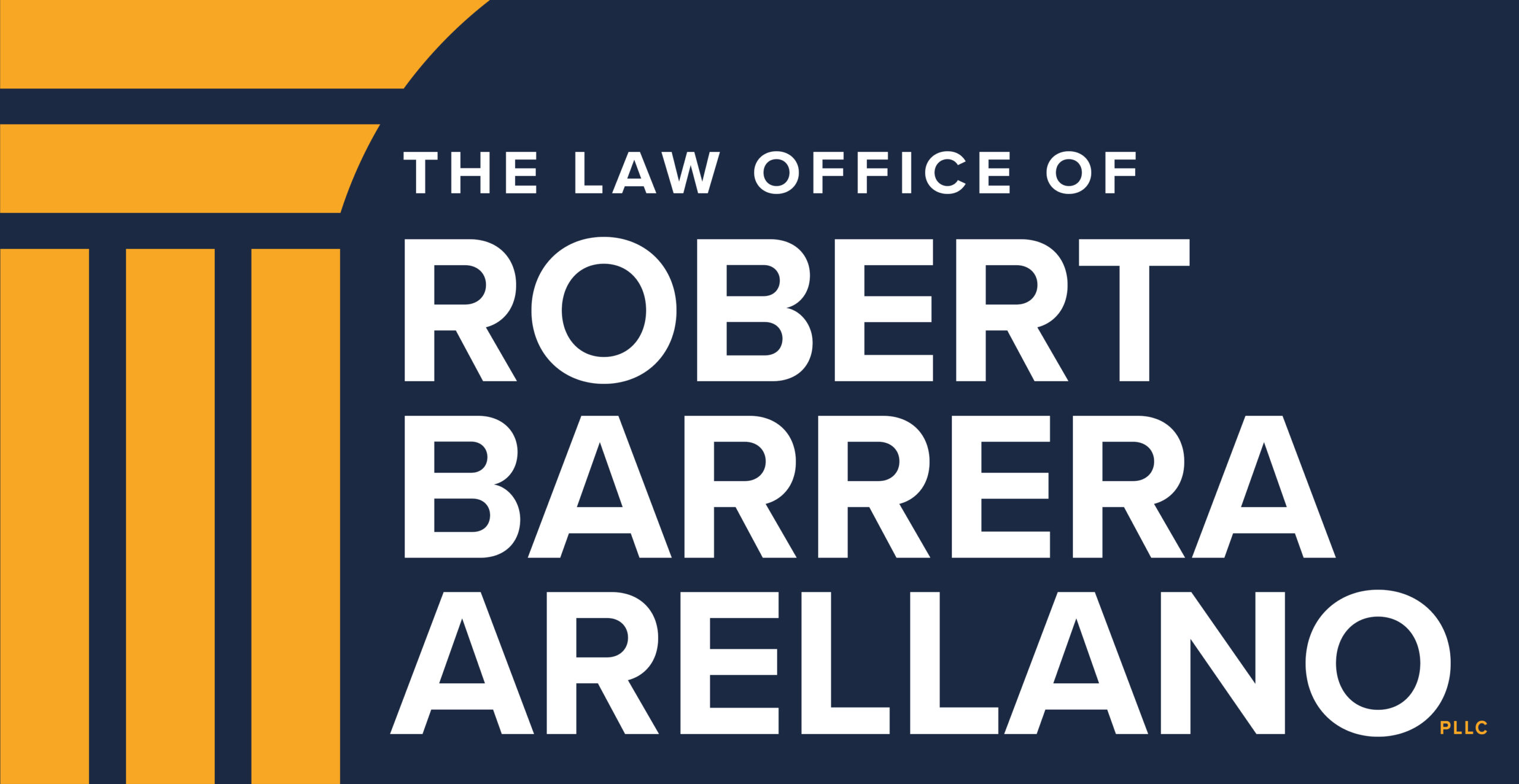
DWI Blog
If you’ve ever been pulled over for suspicion of drunk driving, you’ve probably heard about field sobriety tests. But what exactly is a field sobriety test in Texas, and more importantly, should you take one? In this article, we’ll break down everything you need to know about these tests, how they work, and whether you should comply. Let’s get into it!
A field sobriety test (FST) is a series of exercises that law enforcement officers use to assess whether a driver is under the influence of alcohol or drugs. These tests are often conducted during a roadside stop when an officer suspects impaired driving. The goal is to provide evidence to help determine whether or not a person is intoxicated.
In Texas, these tests are not mandatory, but they are a key part of a police officer’s investigation. If you’re asked to take one, it’s essential to know what you’re dealing with before you decide how to respond.
Several different tests may be used by law enforcement in Texas to determine if a driver is impaired. Here are the most common types:
Field sobriety tests are used primarily to gather evidence of intoxication. Officers rely on these tests to determine whether they have probable cause to arrest someone for driving under the influence (DUI). However, it’s important to remember that these tests are not always accurate indicators of intoxication. Various factors, such as medical conditions, fatigue, or even nervousness, can influence your performance.
In Texas, you have the right to refuse a field sobriety test, but this may come with consequences. While refusal does not automatically result in an arrest, it may prompt the officer to take other steps, such as requesting a breathalyzer or blood test, which may carry harsher penalties if refused.
If you refuse a breathalyzer test after a field sobriety test, your driver’s license may be automatically suspended. However, not taking a field sobriety test cannot be used against you in court. It’s a tough decision, but knowing your rights is crucial.
Yes, you can fail a field sobriety test. However, it’s important to understand that these tests are not foolproof. Many factors can cause a person to fail, even if they are not under the influence. For example, poor weather conditions, uneven surfaces, or physical impairments could all contribute to your inability to perform well on the test. In Texas, these tests are just one piece of evidence used to build a DUI case against you.
Deciding whether to take a field sobriety test is a personal decision. Here are some pros and cons to help you weigh the options:
As a driver in Texas, you have certain rights during a DUI stop. These include:
If you pass the test, the officer may let you go without further testing. However, if you fail, they may arrest you and request a breathalyzer or blood test to confirm impairment. Refusal of a breathalyzer or blood test can lead to further legal consequences, such as an automatic license suspension.
If you are facing DUI charges in Texas, having an experienced attorney on your side can make all the difference. A lawyer can help challenge the results of the field sobriety tests, especially if there are inconsistencies or inaccuracies. They can also advise you on the best course of action based on your specific situation.
If you are facing DUI charges in Texas, having an experienced attorney on your side can make all the difference. A lawyer can help challenge the results of the field sobriety tests, especially if there are inconsistencies or inaccuracies. They can also advise you on the best course of action based on your specific situation.
Field sobriety tests can be an intimidating part of a DUI stop in Texas. While you have the right to refuse, taking the test may provide you with a better opportunity to avoid harsher consequences. Ultimately, it’s crucial to understand your rights and the potential risks involved. If you find yourself facing a DUI charge, don’t hesitate to contact The Law Office of Robert Barrera Arellano.
If you’ve been arrested after taking or refusing a field sobriety test, it’s essential to contact a lawyer as soon as possible. The sooner you get legal representation, the better your chances of achieving a favorable outcome.

While refusing a field sobriety test doesn’t automatically result in arrest, it can lead to other tests being requested, such as a breathalyzer or blood test, which may carry penalties if refused.
No, field sobriety tests are not always accurate. Various factors, such as medical conditions or nervousness, can affect your performance.
No, you are not required to take a field sobriety test. However, refusing one may result in other legal consequences.
If you fail a field sobriety test, you may be arrested and asked to submit to further tests like a breathalyzer or blood test.
Yes, it’s a good idea to contact an attorney immediately if you’ve been arrested for DUI. An attorney can help you navigate the legal process and protect your rights.